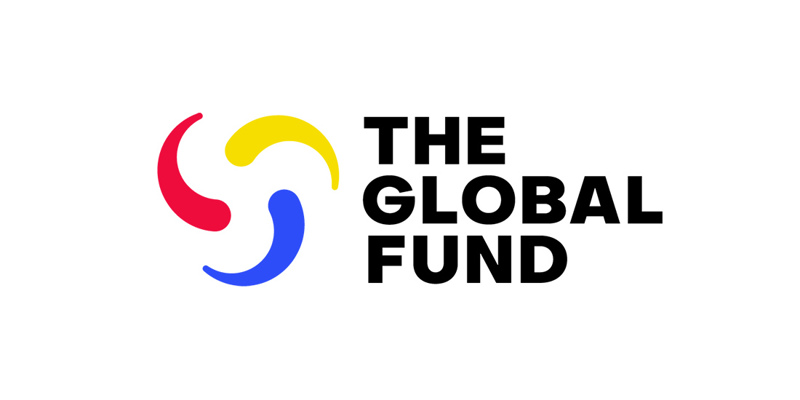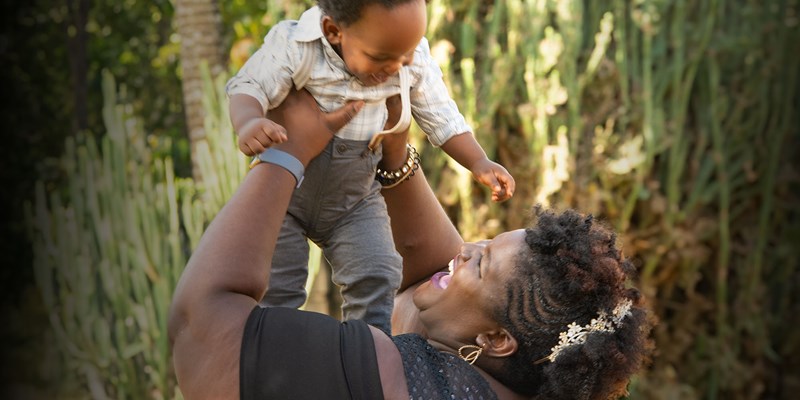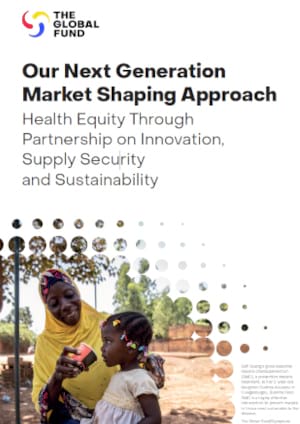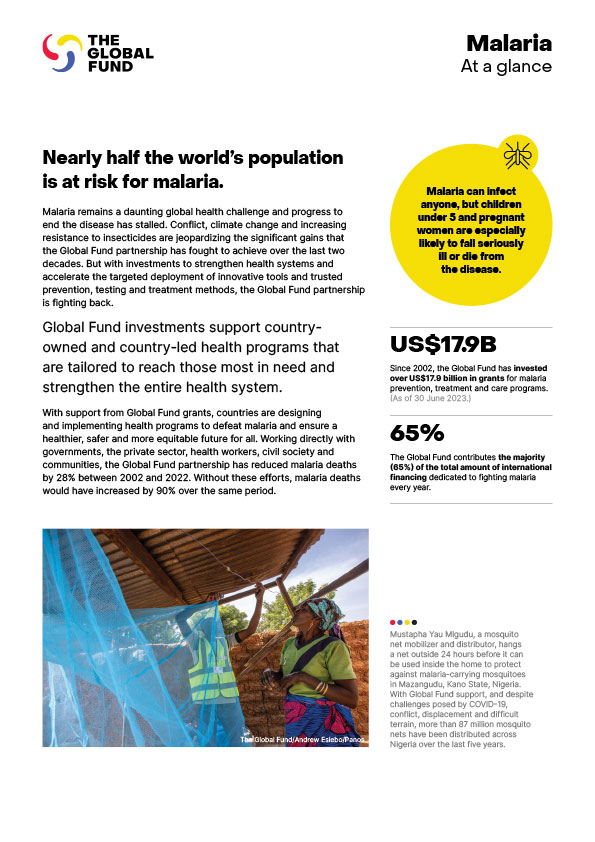The Global Fund Commits to Over US$21.9 Million in Emergency Funding for Families Living Through Climate Crises in Pakistan and Somalia
30 November 2022
- Over 530,000 cases of malaria were reported in Pakistan this year over a three-month period.
- Tuberculosis (TB) services are limited or non-existent within new internally displaced person (IDP) settlements in Somalia.
- The Global Fund has disbursed US$15 billion in challenging operating environments (COEs) since 2002.
Geneva/Islamabad/Mogadishu - The Global Fund to Fight AIDS, Tuberculosis and Malaria has committed US$20 million to Pakistan and US$1.9 million to Somalia in emergency funding to support the health systems faced with climate change disasters. Massive flooding in Pakistan has led to a severe hike in cases of malaria, while drought-linked displacement in Somalia has affected TB services. Since the establishment of the Emergency Fund in 2014, the Global Fund has disbursed close to US$110 million in emergency funding to countries faced with conflict, environmental breakdown, and other acute crises.
When more than 33 million people in Pakistan lost their homes during recent flooding, families needed more than dry land and a roof over their heads. The Global Fund approved an initial US$10 million in emergency funding in September to ensure access and distribution of essential medicines and health services in Pakistan. Together with the new allocation, the total Global Fund emergency support to Pakistan in 2022 has reached US$30 million.
“The needs in Pakistan are urgent and severe, so lifesaving funding cannot wait,” said Peter Sands, Executive Director of The Global Fund. “Fragile health systems are often overwhelmed when a country or region experiences a disease outbreak or a disaster, and Pakistan is experiencing both simultaneously. The floods have destroyed 10% of Pakistan’s health facilities.” In the three-month period between mid-June and September this year, 539,500 cases of malaria were reported, compared to fewer than 400,000 cases for the whole of 2021.
"That figure should put the scale of the crisis in Pakistan in perspective. We must recognize that one of the ways climate change will most affect people – particularly the poorest – is the way that it fuels the deadliest infectious diseases. The Global Fund is committed to supporting countries and communities respond to health crises sparked by such extreme weather events or other triggers, such as conflicts,” continued Sands.
Meanwhile, Somalia is facing severe drought following four consecutive failed rainy seasons – a climate event not seen in at least 40 years, according to the United Nations. TB is a major cause of death in Somalia. Indeed, the 2021 Global TB Report indicated the death rate from TB in Somalia was at 68 per 100,000 in 2020. In order to support communities in Somalia affected by drought, the Global Fund has committed US$1.9 million in funding. These funds will cover food support for over 2,800 TB patients and 374 multidrug-resistant TB patients. Teams on the ground will also conduct outreach activities in over 3,300 camps for IDPs.
“Persistent displacement caused by drought has detrimental implications for access to TB services and encourages the disease to spread,” said Mark Edington, the Global Fund’s Head of Grant Management. “TB patients may have no choice but to move away from their current settlements in search of food, water and humanitarian assistance. To end TB epidemics and address threats to global health security, we need to reach the most vulnerable people with prevention and treatment services – wherever they are.”
The emergency funds in Pakistan and Somalia will be used to cover HIV, TB, and malaria program activities, such as providing sanitation kits, living support packages, nutritional support for children and water purification/filters. It will also be used to renovate health facilities and replace destroyed equipment in laboratories. The investment reflects the Global Fund’s longstanding commitment to promoting the humanitarian-development-peace nexus in places classed as COEs. While country allocations are used to support services in countries with chronic crises, this urgent support provides fast and flexible funding in emergency situations to ensure continuity and adaptation of existing programs and services for HIV, TB and malaria.
COEs make up approximately 30% of the Global Fund allocation and over 25% of the global disease burden for the three diseases. The Global Fund has disbursed US$15 billion in COEs since 2002.







